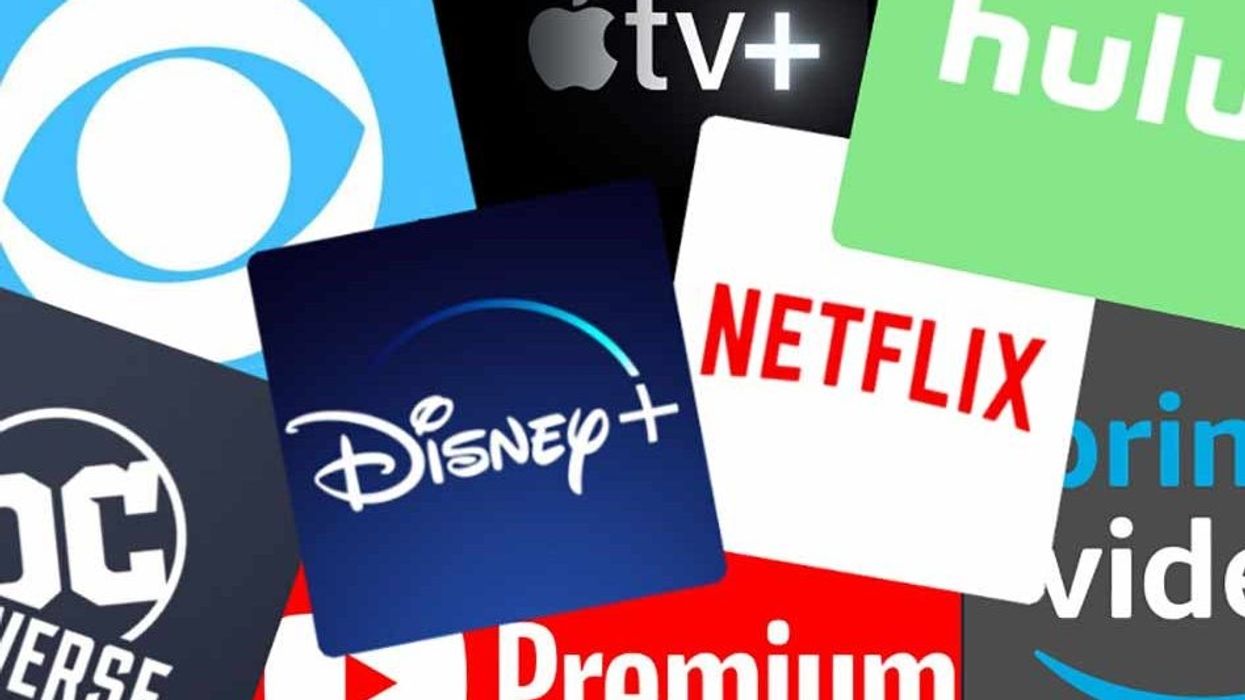Why Streamers Are King During COVID (and Probably Will Be After)
Hollywood has changed forever thanks, in part, to COVID-19. What will be on the other side of the pandemic?

Movie studios used to be the monoliths that ruled Hollywood. But with theaters closed and most productions shut down, their movies are now nothing more than products that they can sell off to keep themselves afloat.
Now, more so than ever before, the catalog and device you have to stream are what actually rules Hollywood.
Your Academy Award winners mean nothing unless someone can press a button and watch them immediately. And even before the shutdown, things were coming to a head. As one studio attorney told IndieWire, “The old way is not sustainable, like spending a lot of money on a Helen Mirren and Ian McKellen caper movie that lasted in theaters for three days and might have been an event on HBO Max. It’s the mystique of Hollywood to spend foolishly. A new relationship is being created between audiences and entertainment providers.”
That new relationship is about giving us content right now.
With streaming, the line between movies and television has completely blurred. Now it's all just entertainment with varying runtimes and the more you have to stream, the more people you can attract.
Disney's deep catalog of Marvel, Pixar, Star Wars, classic titles, and Disney animation allowed them to attract 60+ million subscribers in the first several months of its launch. Netflix has been around long enough to already have 182.8 million subscribers.
And the more titles they drop, the more they'll get as people search for new things to watch.
Studios are trying to catch up, but they have become so big that they're not as nimble.
“We wake up this morning to more structural changes in terms of the organization of what we used to call Warner Bros., that is now AT&T,” CAA partner Bryan Lourd said during a virtual panel at UCLA. “It is the media division of AT&T, but it is AT&T.”
This kind of reach makes it hard to pivot.
Netflix has been able to snatch up talent and sign them into deals because they don't have to answer to budget meetings with corporate overlords who are used to a much more predictable product line. They understand, to a certain extent, that artists just need money and time.
Apple has tried to get in on the mix, but people don't seem hopeful. “Apple won’t ever get there,” said one agency partner. “It’s run by people who don’t understand it at all. Moments of pure emotion and humor and wonder, that’s our business. That’s what people crave and want. They want magic, to get away from the humdrum lives they lead, whether it’s starting a fire or doing a cave painting or crazy religious rituals.”
But do most studios still understand that?
Theaters will shutter after all of this, and the focus is going to be not only on finding alternative ways to make money but also what the future will look like.
Will releasing movies online, like Trolls IIand Mulan be the best way?
Or will the biggest draw come from studios buying theaters across the world and simultaneously exhibiting on the big screen and online?
And what about studios without platforms like Universal? How long before they combine with Peacock and showcase the depth of their catalog to help that platform out? Or maybe they are holding out hope they can buy a theater and use its screens for just that.
“Studios and theater owners must figure out creative ways to help each other out,” said producer Todd Garner. “There’s nothing wrong with big, huge movies in theaters and smaller movies going to streamers, which don’t have the marketing spend. At Disney+, HBO Max, or Netflix, you can purely advertise on your own platform.”
All this will obviously affect what people greenlight. We saw the erasure of the midbudget drama, which basically became TV shows now. So tentpoles will be much bigger and so will family movies since people want to get out of the house. I think Netflix and chill changed the date night movie to something that may stay indoors. Rom-coms like The Kissing Booth and Set It Up have been particularly successful streaming.
Obviously, that favors streamers moving forward.
We're entering the Wild West, and it's hard to know which companies can pivot and what Hollywood will look like in 5 to 10 years.
Got predictions?
Let us know in the comments.











